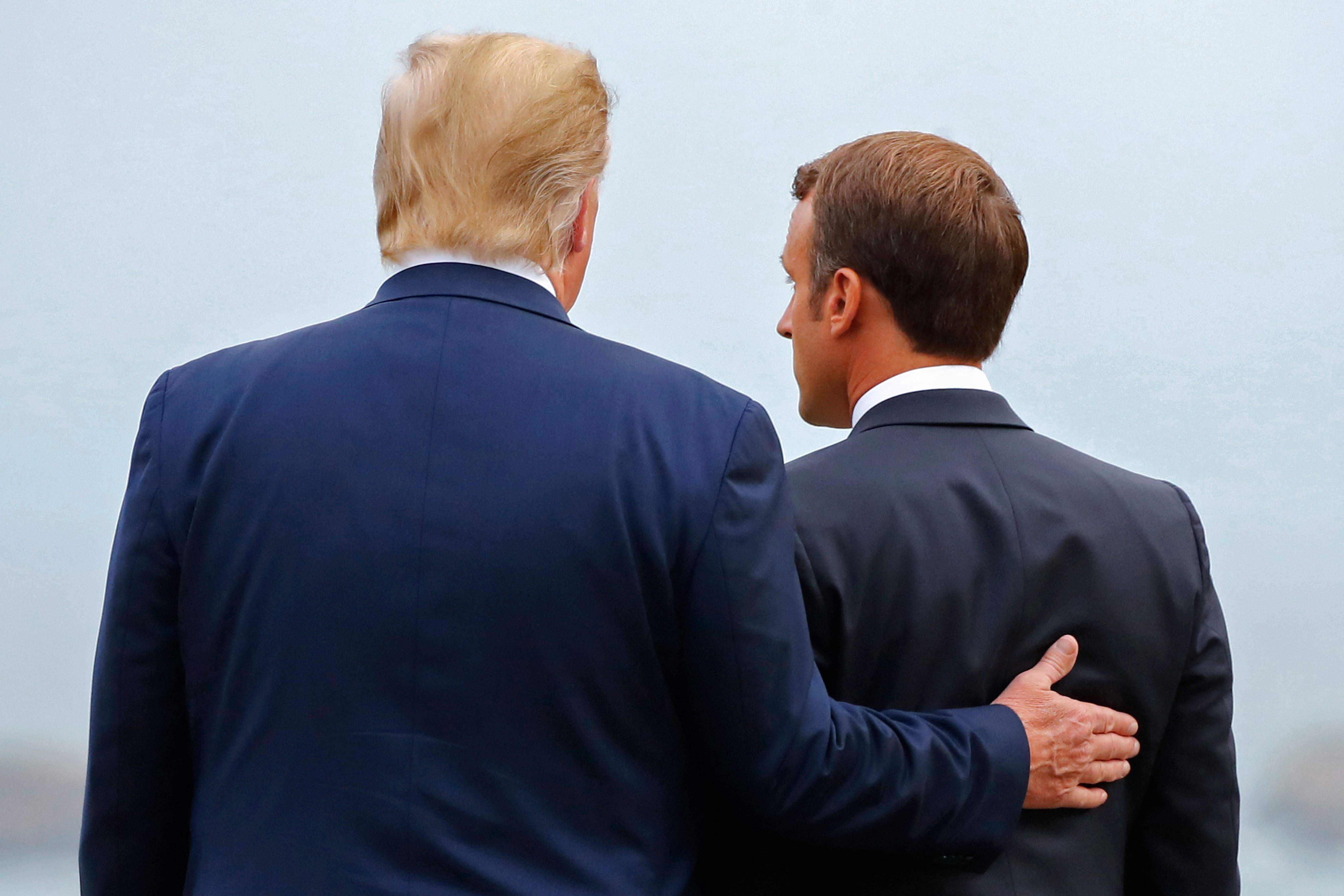Geopolitics: Global / Global
On your honour
Alexis Self on how European leaders should respond to Donald Trump’s prospective provocations.
How would you like your country’s leader to act if intimidated? As the US’s traditional allies consider their response to the election of Donald Trump, it’s a pertinent question. Emmanuel Macron, the French president, claims that Europe must stop being a herbivore and become an omnivore so as to avoid consumption by the world’s carnivores. It’s no secret that most of Washington’s partners in Europe and Asia were hoping for and even anticipating a Democratic victory. I attended a media roundtable in London on the evening of 5 November featuring some of the most illustrious names in foreign affairs journalism. All of those who offered a prediction on the outcome of the vote said that Kamala Harris would win and far more time was devoted to discussing her potential appointees than Trump’s. Thankfully, no one will suffer as a result of that faulty guesswork – but the same cannot be said for any diplomats or government officials who are inadequately prepared.

Had they sought advice in the aftermath of the shock result, they would have found no shortage of purveyors. Much of what most commentators say boils down to an insistence that leaders should indulge the new president’s allegedly transactional nature and narcissistic tendencies – that he must be flattered and bribed into doing the right thing. But this betrays the same cynicism that has led to the election of politicians such as Trump, who have exploited voters’ antipathy towards the institutions of government and their leaders, who he has labelled as dishonest and corrupt. What is more dishonest and corrupt than kowtowing to someone who you believe to be wrong?
Of course, we don’t know how Trump will treat the likes of France when he begins work on 20 January. Portentous warnings of a vengeful isolationist could well be overblown. But if the president does use intimidation and threats to force Washington’s erstwhile friends to do his bidding, those same friends should not be cowed. Foreign relations, especially those conducted by the world’s economic and military hegemon, have always been transactional. Even the Marshall Plan, often presented as proof of the US’s inherent nobility, had cynical motives – namely, curbing the influence of the Soviet Union in Western Europe.
Moreover, though the US has often claimed to be acting selflessly, while invoking its self-declared exceptionalism, no country is exceptional when it comes to how it should treat others. One need only look at the number of nationalist strongmen currently in power across the globe to understand that America’s situation in 2025 is far from sui generis. Each of these leaders has preached their country’s innate superiority in order to win elections. And while it’s true that none of them are running as powerful a nation as the US, neither are they bound by the checks and balances of that country’s constitution.
What should the US’s allies do if they are faced with a combative Trump? What they think is right, of course. This might sound idealistic but it will protect their countries (and careers) in the long term. Much of the present crisis in liberal democracy stems from the fact that voters are so enraged by their leaders’ prevarication on certain issues that they are drawn to those who they believe are at least genuine. It is in the darkness between the official explanation and the concealed truth that populism festers and metastasises. Trump is not the first US president whose election has confounded the country’s allies; nor will he be the last. He will only be in the job for another four years but the damage done to voters’ faith in politicians who find themselves lying to placate him will take far longer to repair. Let’s hope it doesn’t come to that. —


